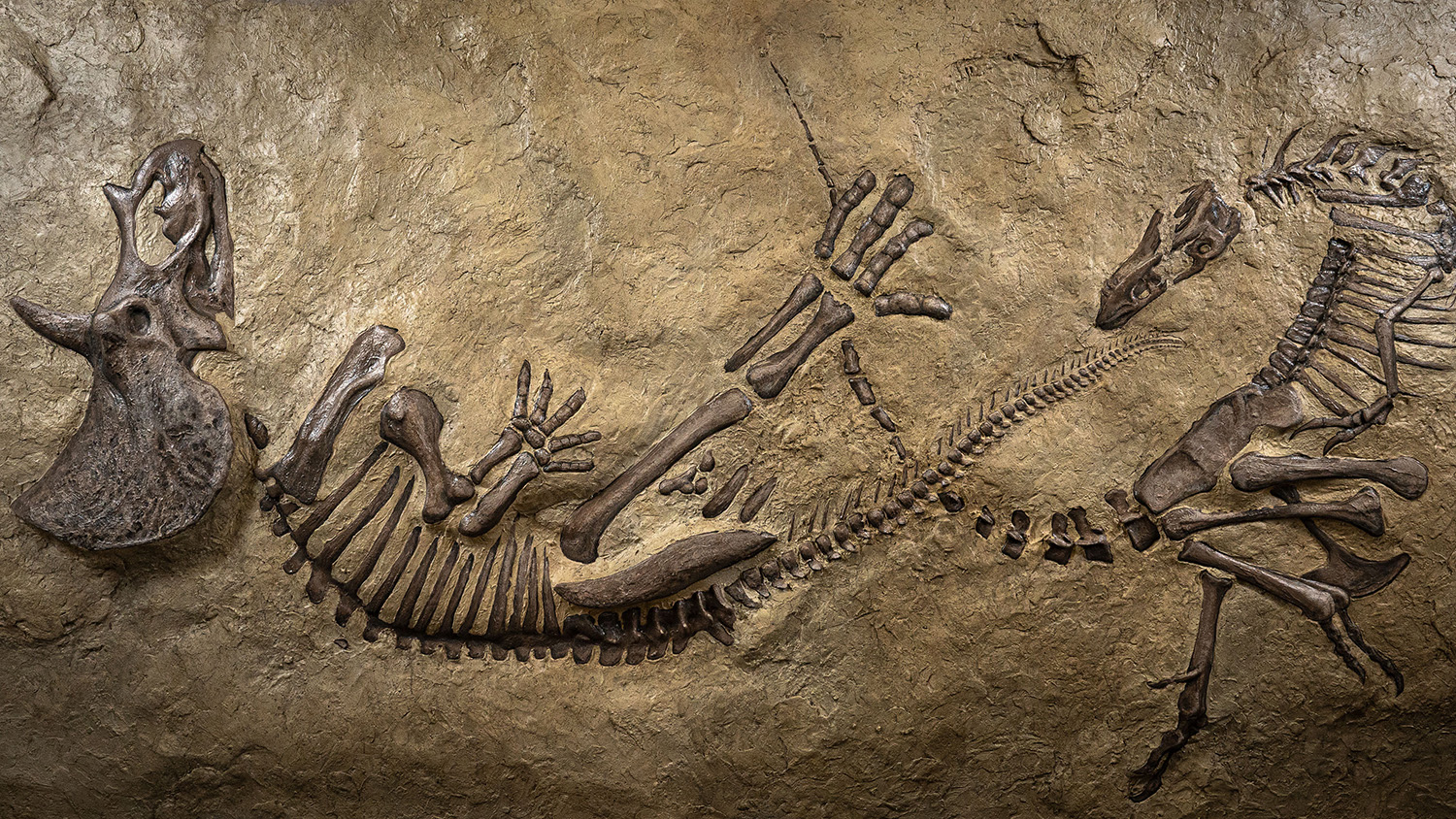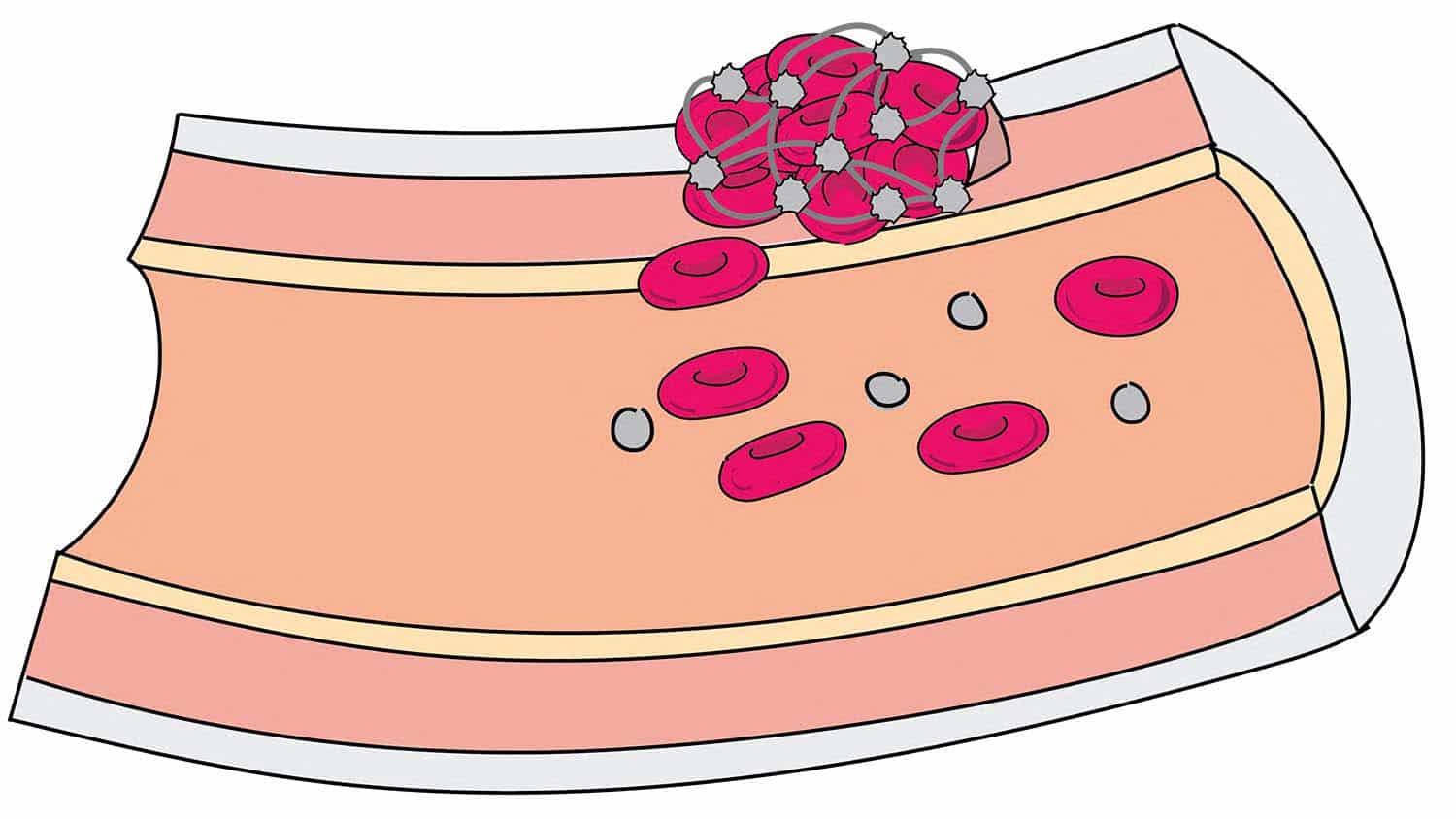Making Order Out of Chaos

Editor’s Note: This is the second post from Dr. Greg Massey, DVM, DVAPB, a postdoctoral research associate at NC State. Massey is currently using his expertise to help wildlife – particularly birds – who have been affected by the oil spill on the Gulf Coast. He will be writing about his experiences periodically on The Abstract.
“Making order out of chaos” is sort of the ongoing theme of an oil spill response. At least it’s the primary theme. There are lots of little subthemes, like “adapt or [blank].” Feel free to insert you favorite verb or phrase in the here. You can try “go nuts”, “go home” or “die.” Any of them work for me.
But I’m not writing a symphony here, so let’s stick to the main theme for now. Chaos is part of any emergency. Doesn’t matter how well you plan, it just happens. People are emotional creatures. They tend to react in funny ways when squeezed. And make no mistake, an oil spill – especially a big one – can exert pressure aplenty. So why am I mentioning this? Just because I want you to think about the chaos factor when you start to judge how the response is going. Remember, those of us here in the midst of it are peering into the void and wishing we had a crystal ball.
Where will the oil go next? Which species are going to be affected? All these questions run through the minds of those trying to plan defensive and offensive strategies. But none of us are fortunetellers. So we basically rely on available data, common sense and what my wife likes to call “feel”. Some people have it and some people don’t. Trouble is, the ones who don’t have a feel for this type of thing, usually don’t have the common sense to realize it either. That’s when you run into trouble. But that’s just my opinion, and who’s to say I’m not one of those people who just doesn’t get it.
Why is a spill response chaotic? I’ve touched on a couple of things already, but add in a big helping of change and you’ve got a recipe for crazy stew. One day you think you’re starting to get a handle on the situation and the next, the oil hitches a ride on some unexpected subsurface current and suddenly threatens to land in your lap. Or you plan for 200 pelicans and start receiving pied bill grebes, both equally magnificent birds but with very different husbandry requirements. Multiply these scenarios by a factor of 10 and you start to get a picture of what it’s like.
As I mentioned in my last posting, I’ve been spending most of my time in Mississippi setting up the rehabilitation facility. So far Mississippi has been spared the brunt of the spill (knock on wood). Most of the birds have been collected in Louisiana, and now things are picking up in Florida. There have been a rash of medical problems at the Florida facility lately so I’ve been spending a good deal of my time trying to figure out what’s going on.
The first problem arose in northern gannets. If you’ve never been up close and personal with a gannet, you’ve really missed something. They are beautiful birds (~2kg) with extremely bad attitudes. Pound for pound, I think they are one of the strongest birds I’ve ever handled. Gavage feeding them can be a very painful experience. Not only are their bills sharp, but they also exert a tremendous amount of pressure. This means fingers (and other extremities) often get pinched and bruised.
I think one of the problems we’re seeing in these birds is a form of re-feeding syndrome. Most oiled birds are captured after a period of anorexia. That’s because oil disrupts the waterproofing function of feathers so birds become hypothermic and have to stay out of the water. Being out of the water means they can’t feed. Most of the time we’re able to successfully reintroduce food without complications. In this species, the process seems to be more challenging. Thanks to the loan of a VetScan analyzer from Abaxis, and consultation with nutritionists at the UC Davis School of Veterinary Medicine, I think we’re getting a handle on this problem. I emphasize that I think we’re getting a handle on this, but I’m sure tomorrow a new problem will arise and re-energize the maelstrom. Although I complain about the chaos a lot, I admit I secretly enjoy the challenge it brings. One of my favorite quotes comes from The Education of Henry Adams, “Chaos often breeds life, when order breeds habit.” I suggest you consider these words the next time you find yourself trying to make order out of chaos.
- Categories:


